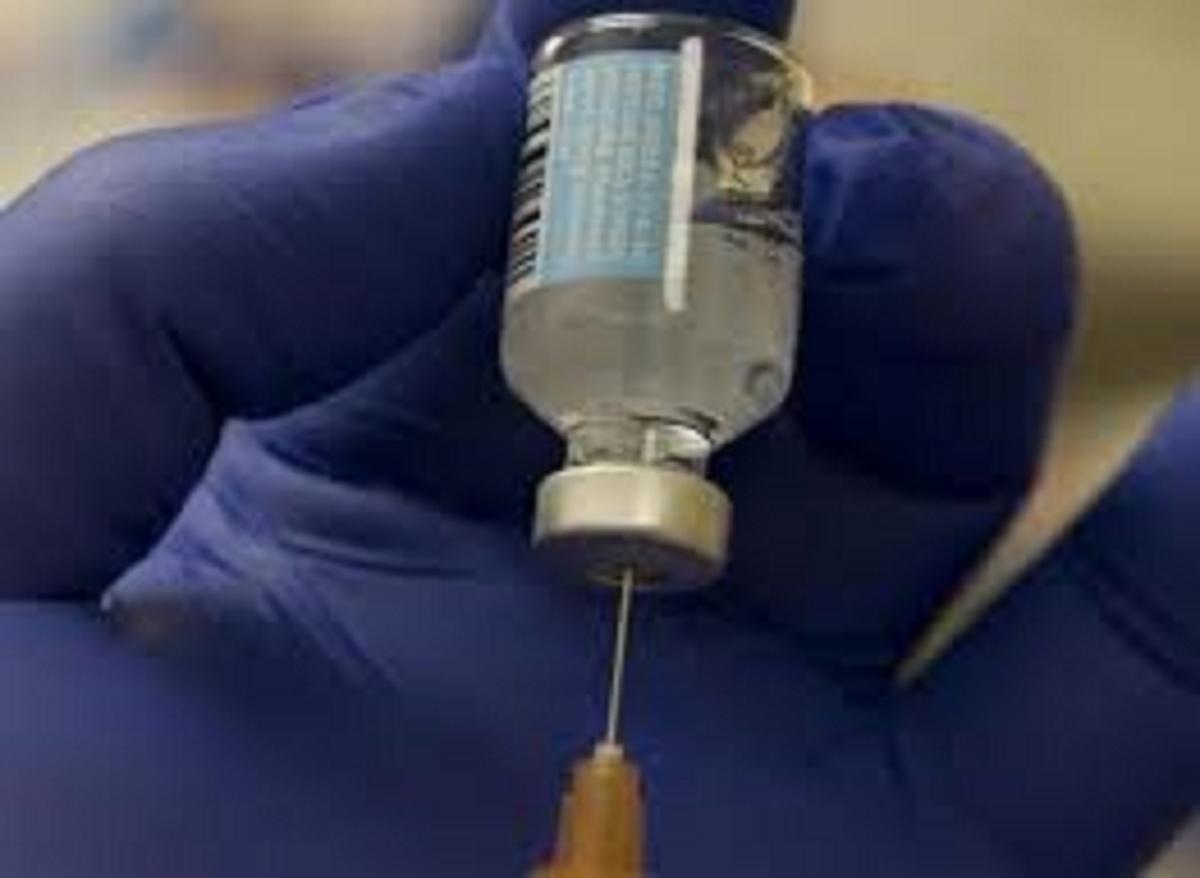Live
- MyVoice: Views of our readers 26th November 2024
- MoU signed to implement NeVA project in AP Assembly
- Climate Change: Trump 2.0 Is Not A Fluke
- Disinformation & Disempowerment: How women’s basic rights and freedoms are being eroded all over the world
- Mahila Meekosam launched for protection of students, women
- COP 29: Rich Nations Have Their Say
- Industrial parks to be set up in every constituency
- Edu institutions to receive fee reimbursement soon
- SP orders speedy disposal of PGRS petitions
- 11 get placement after completing CPBFI
Just In

A new malaria vaccine has been found to generate robust immune response although it could not altogether prevent infection, according to a first of its kind in-human study. The vaccine was designed to prevent malaria caused by Plasmodium vivax.
New York: A new malaria vaccine has been found to generate robust immune response although it could not altogether prevent infection, according to a first of its kind in-human study. The vaccine was designed to prevent malaria caused by Plasmodium vivax.
P. vivax malaria is challenging to control because it can be dormant, causing no symptoms, and then become active causing symptomatic malaria weeks to months after initial infection. A vaccine to prevent infection and disease caused by P. vivax is critical to reduce sickness and mortality from vivax malaria.
"This study represents the first vaccine study to test the effectiveness of a P. vivax vaccine candidate in humans using controlled human malaria infection," said the study's lead investigator Jason Bennett from Walter Reed Army Institute of Research in the US. The study's results were published in the journal PLOS Neglected Tropical Diseases.
The vaccine candidate developed by WRAIR was tested jointly with GlaxoSmithKline (GSK), a British pharmaceutical company. Malaria is only transmitted through the bite of a female mosquito. Immunised volunteers took part in WRAIR's well-established controlled human malaria infection (CHMI) model where they were bitten by malaria-infected mosquitoes.
The efficacy of the vaccine candidate was then determined based on whether or not volunteers developed malaria by looking at blood smears or if it took longer for malaria parasites to appear in the blood. The vaccine candidate was well tolerated in all volunteers and generated robust immune responses.
While the vaccine candidate did not prevent malaria infection, it did significantly delay parasitemia in 59 percent of vaccinated participants, the findings showed. "Findings from the analysis of the immune response of vaccinated subjects have given us clues to improve vaccine candidates and studies are now underway at WRAIR to develop next generation vivax vaccines," Robert Paris, director of the US Military Malaria Research Program at WRAIR, said.

© 2024 Hyderabad Media House Limited/The Hans India. All rights reserved. Powered by hocalwire.com







